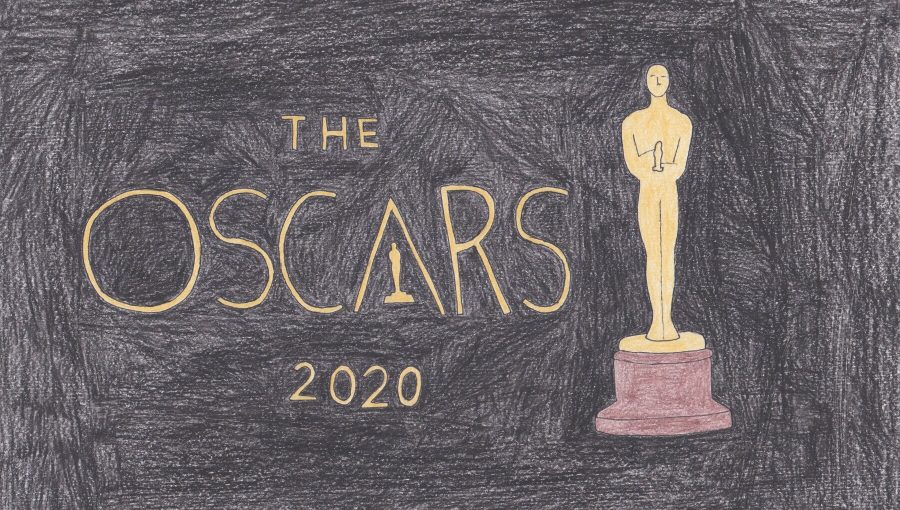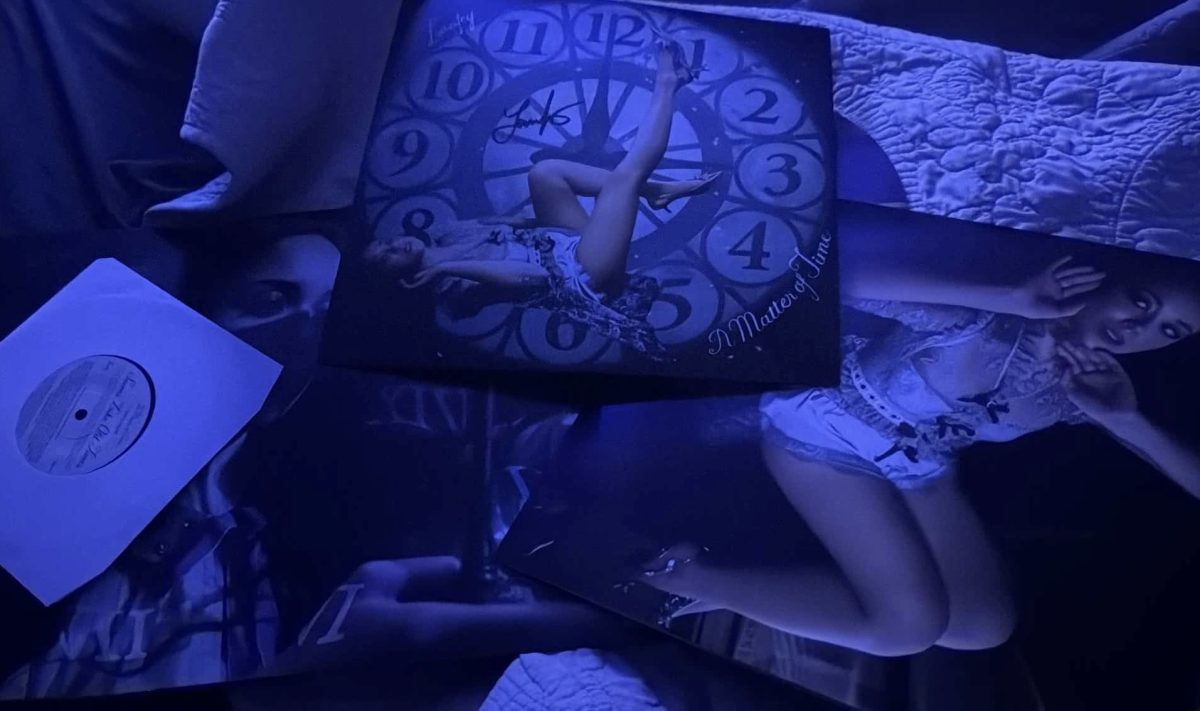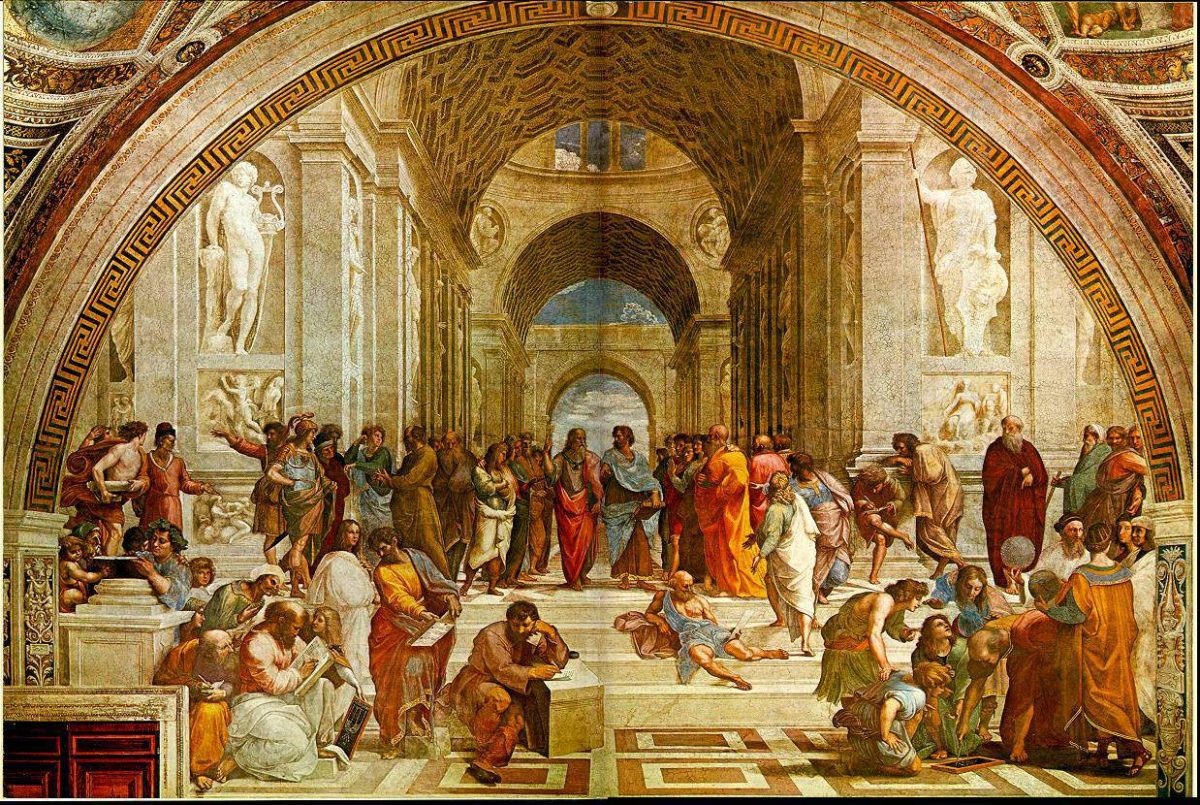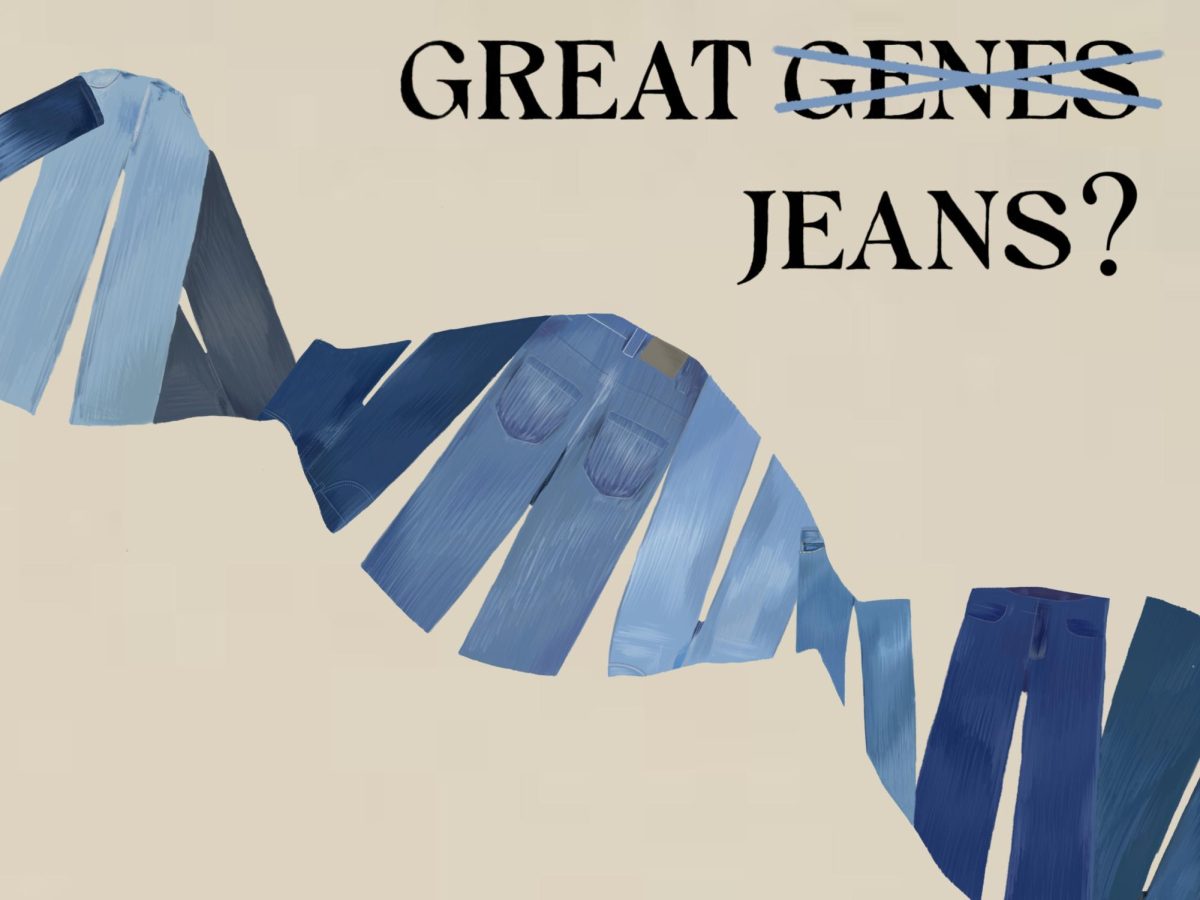The 92nd Academy Awards ceremony took place on Feb. 9, unofficially capping the long, arduous and fairly predictable 2020 award season.
At the Dolby Theater in Los Angeles, Hollywood’s biggest stars convened alongside the lesser-known masters in the craft of filmmaking.
Sitting through a bloated Oscars telecast — running three hours and 32 minutes to be exact — viewers were treated to several seemingly disconnected moments from Janelle Monáe’s enthralling opening number that highlighted many films which were overlooked in the nominations.
The most surprising and perplexing moments of the entire broadcast came after a clip montage, introduced by Lin-Manuel Miranda, that showcased the profound impact that songs can have in film.
Eminem then made a completely out of left field performance of his 2002 Oscar-winning song, “Lose Yourself” from the movie 8 Mile.
Within the films that were nominated, there were several expected wins alongside some extremely gratifying and historical wins, the first of which belongs to Taika Waititi for best adapted screenplay for his film Jojo Rabbit.
Set during World War II, the film follows a German boy accompanied by his imaginary friend, Adolf Hitler, as they discover a Jewish girl hiding in his attic.
Waititi became the first Maori winner of an Academy Award, taking pride in his indigenous New Zealand heritage at the end of his speech with the popular Maori phrase, “Kia ora” or “be safe.”
Best animated short film went to Hair Love. The film lauded for its honest, compelling and charming take on the struggles of doing black hair, is just another step in the need for a diverse reorganization in the Oscar nominee pool.
The win for Hair Love is a win for the normalization of telling stories focusing on underrepresented communities.
Sir Elton John and his longtime writing partner Bernie Taupin won for the first time as a pair for their song “(I’m Gonna) Love Me Again” from the summer blockbuster Rocketman.
The film’s main actor, Taron Egerton, was one of the many possible Oscar contenders that were snubbed from this year’s nominations.
Egerton’s lack of recognition for his role as Elton John is especially burning since last year’s best actor winner Rami Malek, portrayed another rock legend — Freddie Mercury, in a very similar sense.
On the list of those royally snubbed from any nominations was Adam Sandler for his role as New York City jeweler Howard Ratner in the Safdie brothers’ crime thriller masterpiece, Uncut Gems.
Not only was Sandler not nominated for his acting performance, but neither was the director duo of Josh and Benny Safdie, who rose to prominence in 2017 with their jarring and brilliant film Good Time, starring Robert Pattinson.
The acting awards were shrouded in predictability with favorites like Renée Zellweger winning best actress for her portrayal of actress and singer Judy Garland.
Following the trend of the award season, Laura Dern won best supporting actress for her role as a divorce lawyer in Noah Baumbach’s Marriage Story.
Expectedly Brad Pitt won best supporting actor for his role as Hollywood stunt double Cliff Booth, beating out veteran actors Al Pacino and Joe Pesci, both of whom were nominated for their roles in The Irishman.
Another unsurprising but big win came for Joaquin Phoenix who took home the award for best actor.
Phoenix marks the second actor to win an Oscar for playing The Joker character after Heath Ledger posthumously won in 2009 for best supporting actor in the 2008 film The Dark Knight.
The most fulfilling win of the night came with the biggest praise: best picture. The award was won by the film Parasite.
The South Korean film that takes on the problems that stem from greed and class discrimination, had risen to become the most lauded film in the category.
The film and its director, Bong Joon-Ho swept in all major awards including best director and best original screenplay.
The film’s win is a historical one as it is the first film in a foreign language to receive the award for best picture.
The win for Parasite hopefully marks a shift in the way the Oscars treat foreign films and the beauty that often arises in the introduction of different cultures in the language that is cinema.
The 92nd Academy Awards ceremony took place on Feb. 9, unofficially capping the long, arduous and fairly predictable 2020 award season.
At the Dolby Theater in Los Angeles, Hollywood’s biggest stars convened alongside the lesser-known masters in the craft of filmmaking.
Sitting through a bloated Oscars telecast — running three hours and 32 minutes to be exact — viewers were treated to several seemingly disconnected moments from Janelle Monáe’s enthralling opening number that highlighted many films which were overlooked in the nominations.
The most surprising and perplexing moments of the entire broadcast came after a clip montage, introduced by Lin-Manuel Miranda, that showcased the profound impact that songs can have in film.
Eminem then made a completely out of left field performance of his 2002 Oscar-winning song, “Lose Yourself” from the movie 8 Mile.
Within the films that were nominated, there were several expected wins alongside some extremely gratifying and historical wins, the first of which belongs to Taika Waititi for best adapted screenplay for his film Jojo Rabbit.
Set during World War II, the film follows a German boy accompanied by his imaginary friend, Adolf Hitler, as they discover a Jewish girl hiding in his attic.
Waititi became the first Maori winner of an Academy Award, taking pride in his indigenous New Zealand heritage at the end of his speech with the popular Maori phrase, “Kia ora” or “be safe.”
Best animated short film went to Hair Love. The film lauded for its honest, compelling and charming take on the struggles of doing black hair, is just another step in the need for a diverse reorganization in the Oscar nominee pool.
The win for Hair Love is a win for the normalization of telling stories focusing on underrepresented communities.
Sir Elton John and his longtime writing partner Bernie Taupin won for the first time as a pair for their song “(I’m Gonna) Love Me Again” from the summer blockbuster Rocketman.
The film’s main actor, Taron Egerton, was one of the many possible Oscar contenders that were snubbed from this year’s nominations.
Egerton’s lack of recognition for his role as Elton John is especially burning since last year’s best actor winner Rami Malek, portrayed another rock legend — Freddie Mercury, in a very similar sense.
On the list of those royally snubbed from any nominations was Adam Sandler for his role as New York City jeweler Howard Ratner in the Safdie brothers’ crime thriller masterpiece, Uncut Gems.
Not only was Sandler not nominated for his acting performance, but neither was the director duo of Josh and Benny Safdie, who rose to prominence in 2017 with their jarring and brilliant film Good Time, starring Robert Pattinson.
The acting awards were shrouded in predictability with favorites like Renée Zellweger winning best actress for her portrayal of actress and singer Judy Garland.
Following the trend of the award season, Laura Dern won best supporting actress for her role as a divorce lawyer in Noah Baumbach’s Marriage Story.
Expectedly Brad Pitt won best supporting actor for his role as Hollywood stunt double Cliff Booth, beating out veteran actors Al Pacino and Joe Pesci, both of whom were nominated for their roles in The Irishman.
Another unsurprising but big win came for Joaquin Phoenix who took home the award for best actor.
Phoenix marks the second actor to win an Oscar for playing The Joker character after Heath Ledger posthumously won in 2009 for best supporting actor in the 2008 film The Dark Knight.
The most fulfilling win of the night came with the biggest praise: best picture. The award was won by the film Parasite.
The South Korean film that takes on the problems that stem from greed and class discrimination, had risen to become the most lauded film in the category.
The film and its director, Bong Joon-Ho swept in all major awards including best director and best original screenplay.
The film’s win is a historical one as it is the first film in a foreign language to receive the award for best picture.
The win for Parasite hopefully marks a shift in the way the Oscars treat foreign films and the beauty that often arises in the introduction of different cultures in the language that is cinema.








